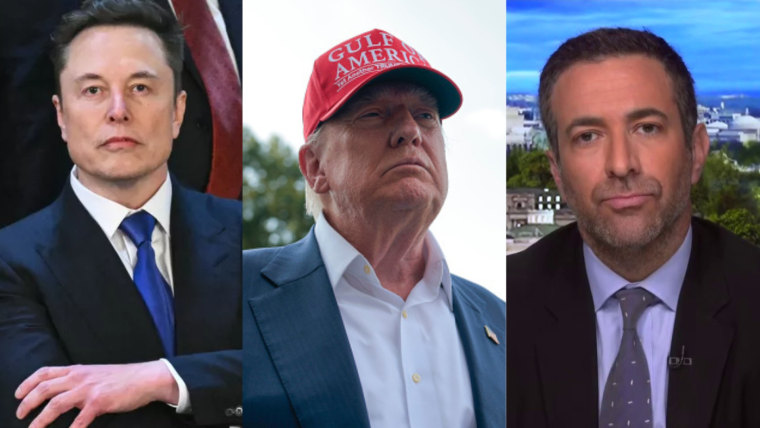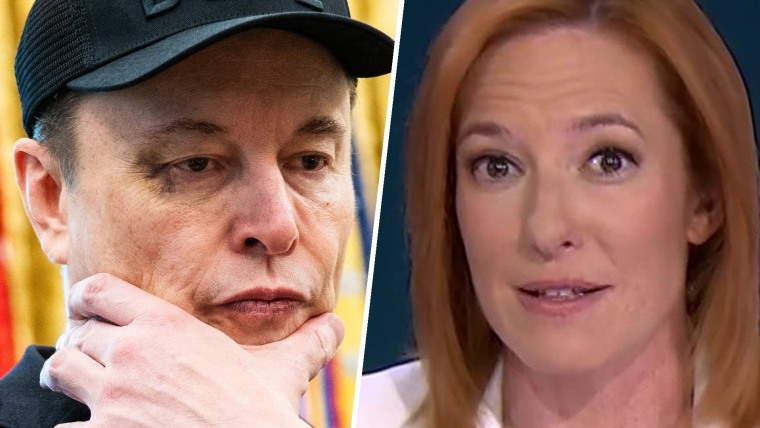Elon Musk has officially declared his intent to launch a new political party, an announcement long on bravado but short on substance.
Our Founding Fathers didn’t even want political parties, which they called “factions.” George Washington warned against them and Alexander Hamilton railed against them. But once Thomas Jefferson and John Adams began aligning their political interests with their electoral ambitions, the foundation for America’s two-party system was laid.
The American political system isn’t just hostile to third parties, it is structurally designed to destroy them. Since that race between Federalist John Adams and Democratic–Republican Thomas Jefferson in 1800, we’ve been locked into a two-party system and have not looked back. Neither Democrats nor Republicans have any intention of clearing a path for a viable third, fourth or fifth option.
Starting a political party in America isn’t just a branding exercise. It’s a slog through 50 states, plus five inhabited territories, each with its own ballot laws, deadlines, filing requirements and thresholds for signature gathering and registration — and that’s just to get recognized. Musk wouldn’t be starting a political party; he’d be starting 55 political parties.
Starting a political party in America is a slog through 50 states, plus five inhabited territories.
That’s expensive. A good estimate for the bare minimum needed to build a party that can compete locally and nationally is three-quarters of a billion dollars — more than two and a half times what Musk spent helping elect Donald Trump in 2024. And all that does is satisfy the various legal and logistical requirements such as ballot access, staffing and organizing.
To put this in business terms Musk can understand, that’s how much you’ll have to spend just to create your corporation. You still have to develop and produce a product.
A political party must have an identity to succeed. When I became chairman of the Republican Party in 2009, it was in disarray. We had been hammered in the 2006 midterms and the 2008 presidential election. Donors were fleeing, the grassroots were demoralized and the party infrastructure was fraying. I worked hard to rebuild the party, focusing on the values it had championed from Reagan to George W. Bush.
I had the advantage of an existing brand identity that voters could reconnect with as well as local to statewide political infrastructure. Musk will be starting from ground zero. If anything, he might be starting off underground, as his personal reputation is at its lowest point after taking a chainsaw to federal agencies that helped fight disease, feed the hungry and educate our children.
I also had the advantage of a national network of like-minded Republicans willing to roll up their sleeves and pitch in. Parties require leaders at the state and county level, policy platforms that reflect something bigger than a personal grudge and candidates willing to carry that banner into battle. That means recruiting thousands and thousands of people doing jobs that can’t be automated by AI or offloaded to paid consultants.
All of these tasks would be a challenge for even the most dedicated political crusader. The ideal person to helm this effort would have a clear and popular political agenda, a sharp analytical mind that’s not easily distracted and loads of charisma, plus billions of dollars to burn. Musk has just one of those qualities.

This is a man known for initiating chaotic firings with little notice at Twitter, selling Cybertrucks with windshield trim panels that fall off and building rockets that explode on the launchpad. He’s been fined by the Securities and Exchange Commission for intemperate tweets and turned his much-hyped AI chatbot into a Hitler-praising monster.
In short, he is not the guy.
I’m not saying this as a die-hard partisan. I actually would like to see a viable third party give the Democrats and Republicans a run for their money. I believe we could even see that in our lifetimes if we move toward ranked-choice voting, a national popular vote or other reforms.
But let’s be clear: the real problem is structural. Our two major parties built a system designed to keep everyone else out. Cracking it open requires more than a billionaire’s checkbook. It requires a grassroots movement, citizen by citizen, willing to do the hard work of rebuilding democracy outside of the Republican and Democratic parties.
In a country where even well-organized third-party efforts have been tried and failed, Musk’s gambit may reveal less about our broken politics and more about his personal pique with Donald Trump. The way I see it, this particular third party is a party of one.
For more thought-provoking insights from Michael Steele, Alicia Menendez and Symone Sanders-Townsend, watch “The Weeknight” every Monday-Friday at 7 p.m. ET on MSNBC.

